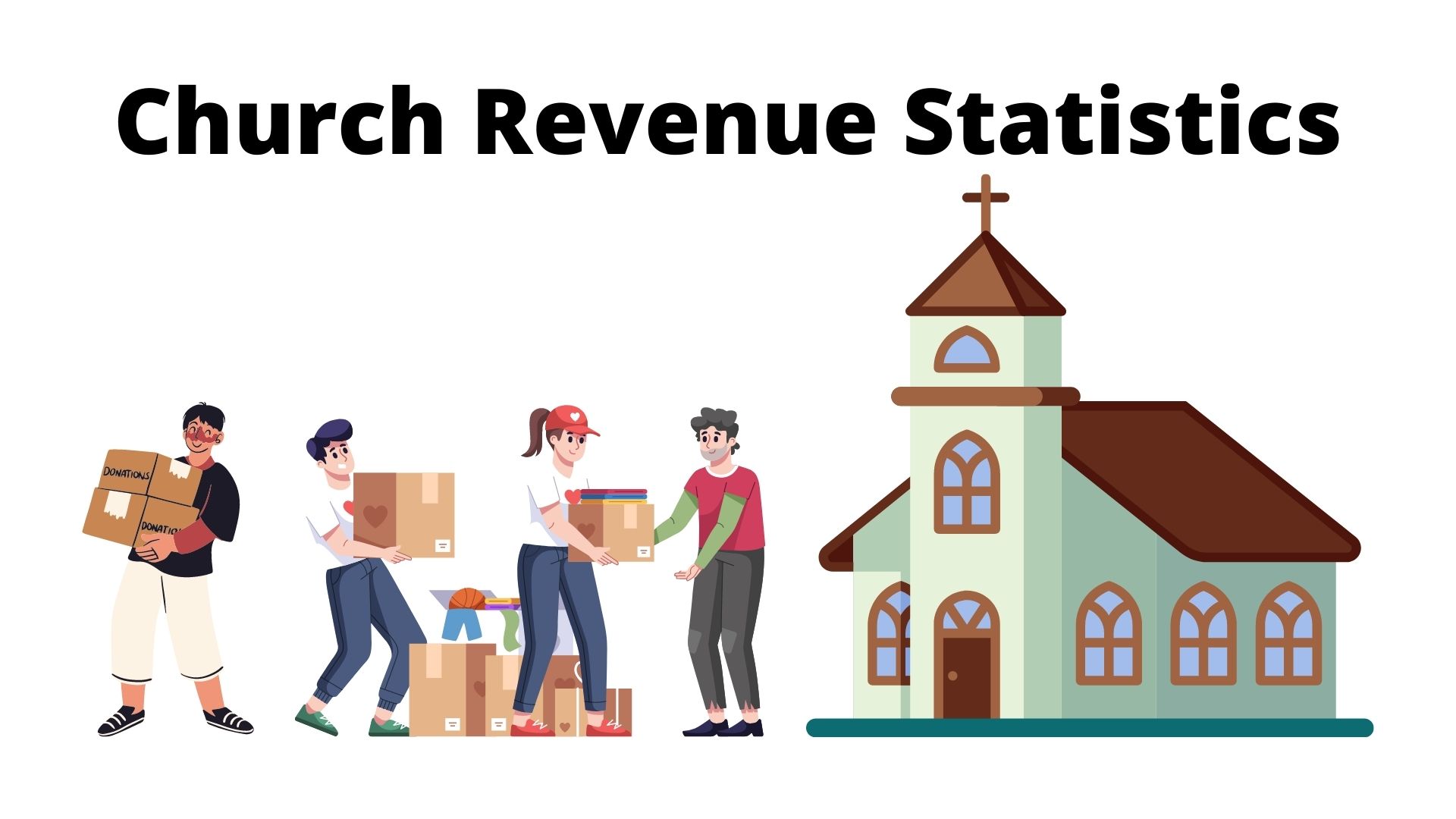Data-Blind
Mark Sakalosky's ClickZ column, Fluffing the Numbers, included a thought-provoking hypothetical story about how the online world might operate if our ad rates were set using an artificial “sweeps” period, as TV rates are. I read his piece the same day I read the details about ComScore's February restatement of three months of data, following an erroneous calculation. (Yes, I was behind on my reading.)
I was reminded of the risk of relying solely on third-party information when making business decisions. It used to happen a lot, although few will admit falling into the trap. I'm so relieved we learned that lesson. Or have we?
Only a few years ago, Media Metrix and Nielsen//Netratings rankings carried so much weight, they were counter-productive. Forget about whether revenue, repeat visitors, or subscribers were all increasing; forget about whether you could prove from your own data that Media Metrix erred in estimating your traffic. Drop two spots in your category, your IPO dreams might be over.
During that crazy period, level-headed professionals relied heavily on the latest buzz, partly because there was no experience base to fall back on, and partly because they were caught up in the rush. Many forgot to reality-check their own results and plans with sound business judgment. I personally know marketers who, during that craze, created short-term guerilla tactics simply to increase the likelihood of hanging on to their Media Metrix or NetRatings ranking. At the time, those rankings meant big bucks.
Don't think for a minute those clandestine tactics couldn't happen today.
There's no substitute for analyzing your own data. Yes, there are legitimate uses for the myriad sources of information out there. Media Metrix and NetRatings are useful for keeping an eye on the competition, for example. You'd never substitute just those numbers for actually visiting a competitor's site on your own, would you?
Lately, I've seen evidence we haven't learned our lessons. I've worked with a number of super-intelligent individuals, well-versed in the latest facts and figures, current events, industry trends and terminology. But they don't know how many subscribers their site gained (or lost) last month. I've conversed with executives who are focused on launching cutting-edge products, but show no concern that the project plan contains not a single line item for developing a method to track results. And yes, I've spoken with marketers who, in quarterly reviews, lead with “our Media Metrix rankings improved X percent last month.”
Just because objective sources of industry data exist does not mean you can stop analyzing your own data. Forrester may tell you a certain industry will triple in size over the next five years. That certainly doesn't mean your business will triple simply because you're part of that industry. Even those who use outside forecasts judiciously don't always check the math behind them. Believe me, mistakes happen. I can't believe I'm having to say this!
Who are we to rely on when it comes to reported data? Ourselves. I'm not suggesting anyone operate in a void. But I am suggesting a back-to-basics approach. Consider a company that held accounts with Media Metrix, NetRatings, Jupiter, and Forrester. But their customer invoices were created manually. There was no revenue reporting system (unless you count Excel). The marketers were flying blind. I use past tense because that company is no longer around.
To reiterate: there are many legitimate uses for the services so many online professionals rely on for information. I personally have used all the services mentioned in this column and found them invaluable when combined with logic and good judgment. I simply caution against the tendency to assume the experts know more about your business than you do.
Do you spend more time studying outside data than studying your own customers? I worry people who do so are more concerned with their image than with their abilities. Get your pencil out and finish sketching that yield model you started last year, then abandoned. Work on a compelling argument to justify better reporting tools and resources. Consider the good it will do for your image to know your customers, inside and out.
Melaney Smith is a
freelance marketer with more than ten years of experience in marketing,
finance, and data mining. She evangelizes the need for businesses to mine
their data and make it easily accessible for decision makers. She
specializes in helping businesses utilize customer, transaction, and other
data to improve or create sales and marketing programs.
